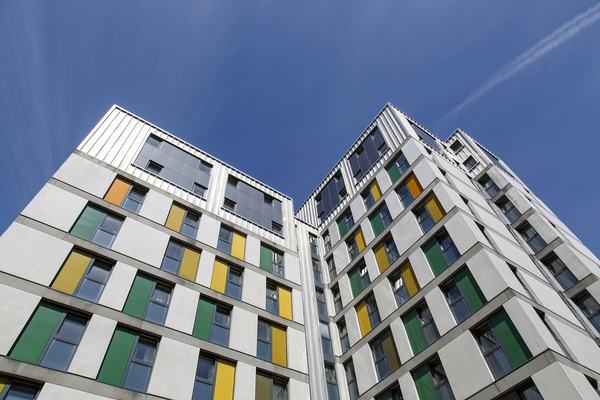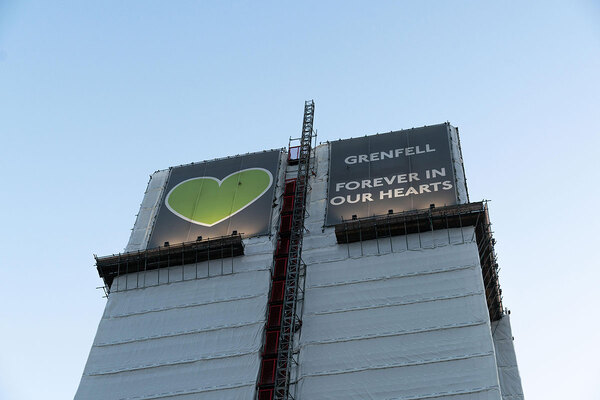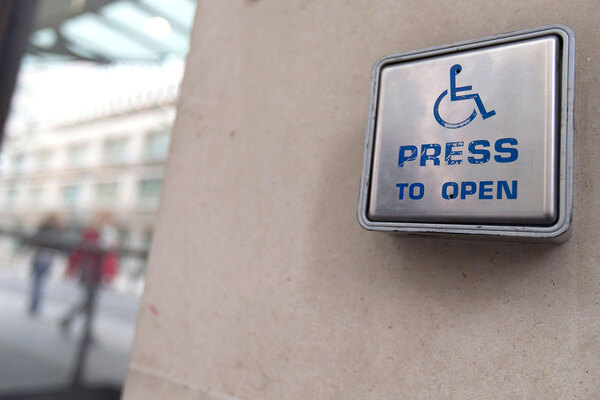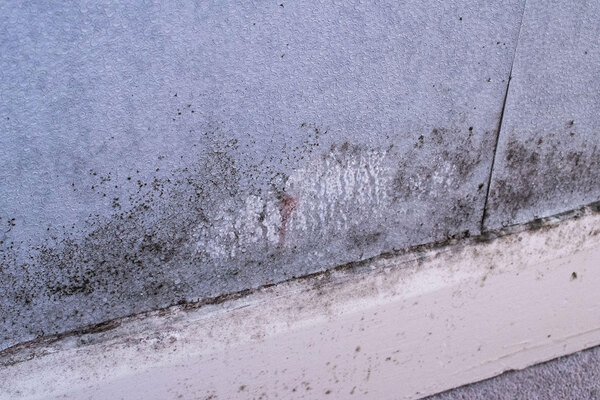You are viewing 1 of your 1 free articles
Government’s £1bn Building Safety Fund ‘not enough’, MPs told
Funds intended to remove all forms of dangerous cladding from high-rise buildings in England will not stretch far enough, bodies in Greater Manchester have warned.
According to the Greater Manchester High Rise Task Force, buildings in the Greater Manchester area alone will require around a quarter of the £1bn fund to carry out remediation work.
In its submission to a select committee study on cladding remediation, the group said that more than a fifth of high-rise buildings in the region have identified safety deficiencies relating to construction or refurbishment.
If this is representative of the national picture then more than 2,000 high-rise buildings are likely to be affected, the group added.
The taskforce brings together the Greater Manchester Fire and Rescue Service, 10 local authorities, universities, housing providers and other key services.
Chair of the taskforce and Salford mayor Paul Dennett said: “While I welcome the government’s creation of the Building Safety Fund, it’s simply not enough.
“Residents in Greater Manchester are worried sick about living in buildings which have been assessed as unsafe if there is a fire. This is compounded during the coronavirus crisis with many residents staying at home as much as possible to protect themselves and others.”
Building safety minister Lord Stephen Greenhalgh told MPs on the Housing, Communities and Local Government (HCLG) Committee earlier this week that the fund will cover less than a third of cladding costs.
The fund was announced in the March Budget by chancellor Rishi Sunak and goes further than previous funds of £400m and £200m to remediate aluminium composite material (ACM) only.
But the taskforce warned that there is no evidence to suggest that remediation of non-ACM cladding and fire safety failings will cost less.
In its submission to the HCLG Committee, the taskforce also said that the fund should not be restricted to cladding on buildings taller than 18 metres and called for simplification of the application process to access funding.
The Manchester Cladiators campaign group added: “The government need to be held to account for their failed strategy and severe delays so far.
“We echo the comments of the Greater Manchester High Rise Task Force that more funding is needed and those who are currently ineligible need funding too – such as those living in buildings under 18 metres, those with fire safety issues which don’t involve cladding and those who have already paid for works to be completed.”
The HCLG Committee launched its inquiry into cladding remediation in March 2020.











